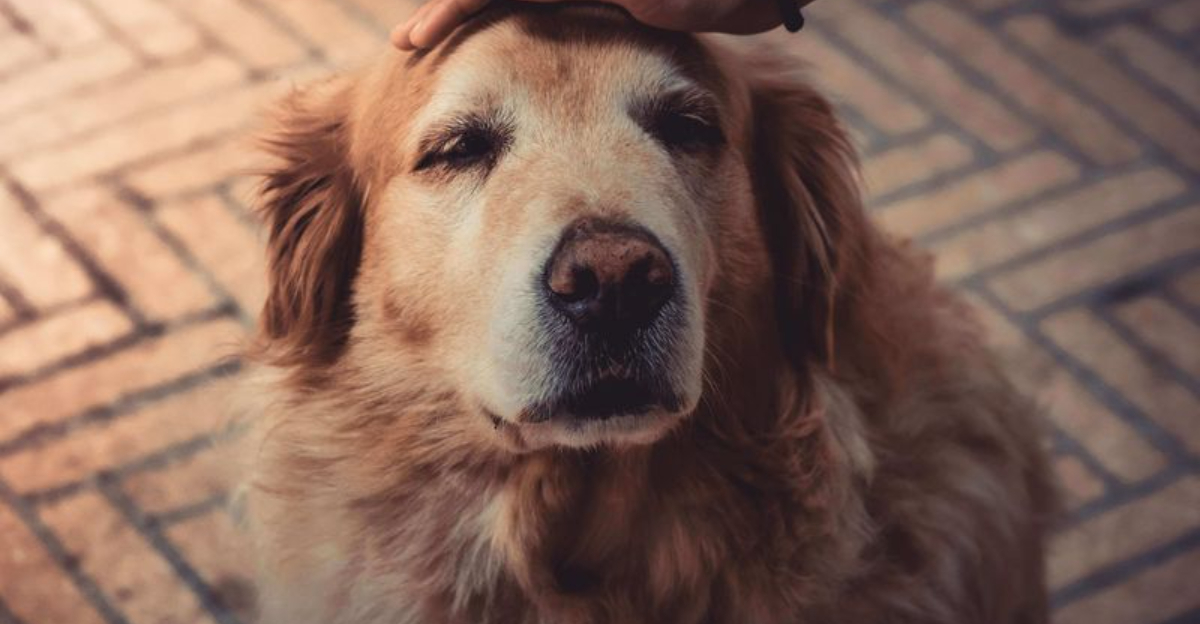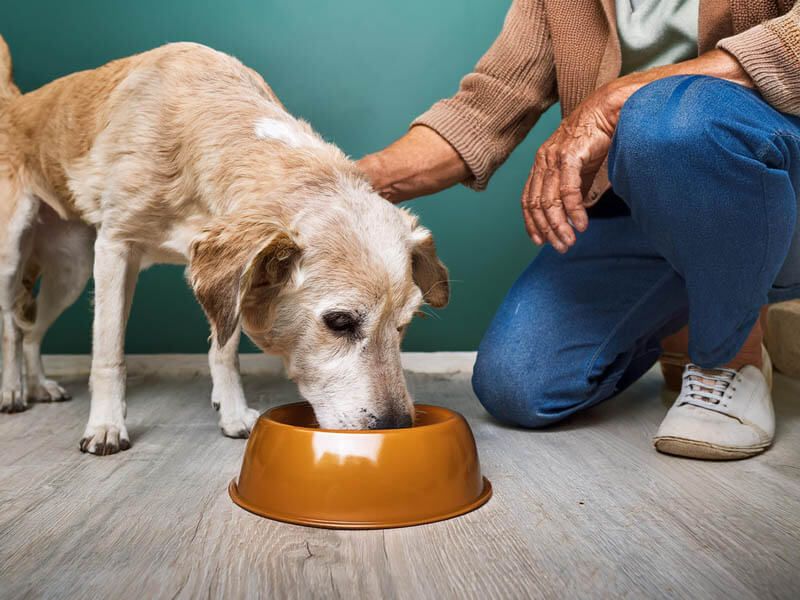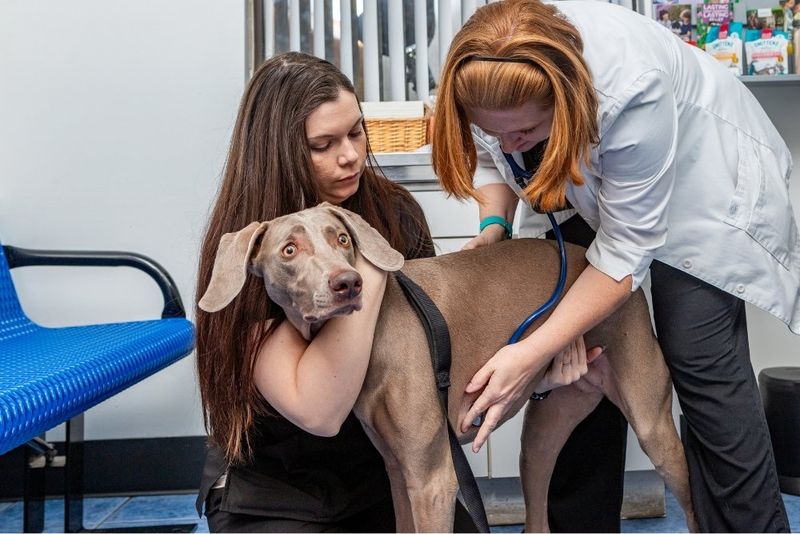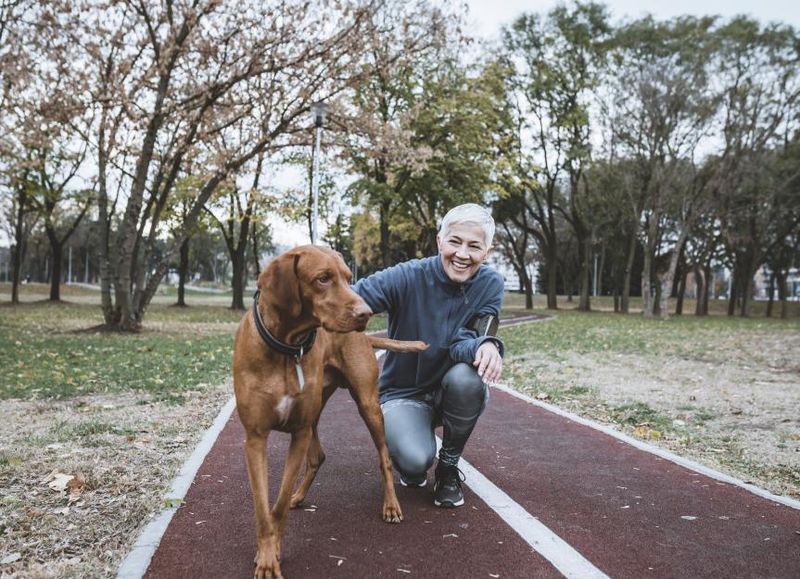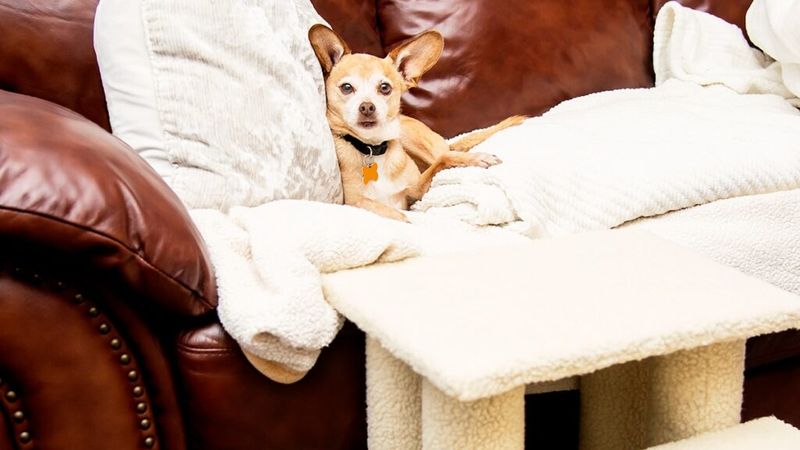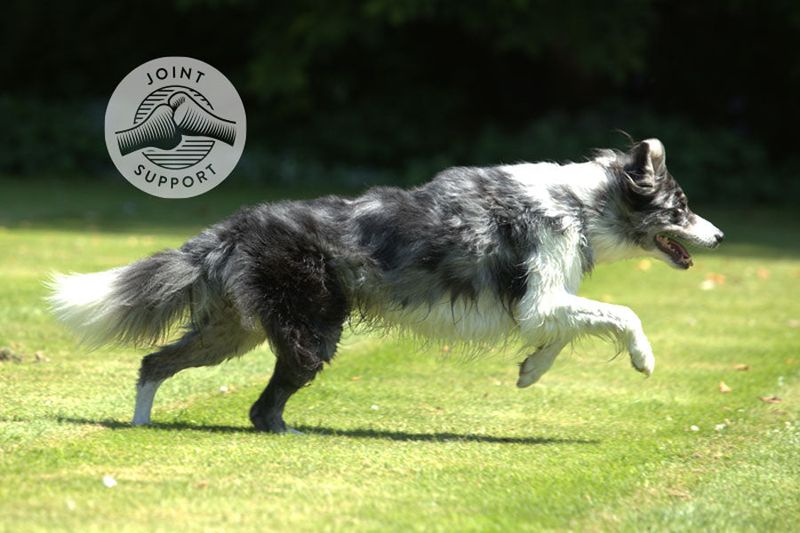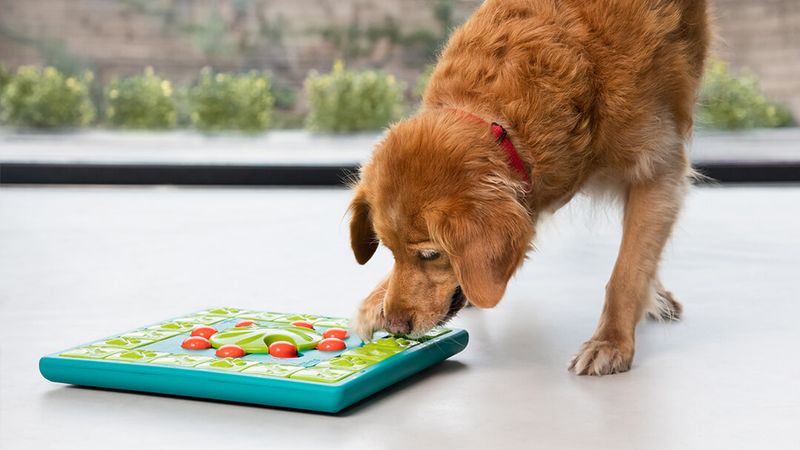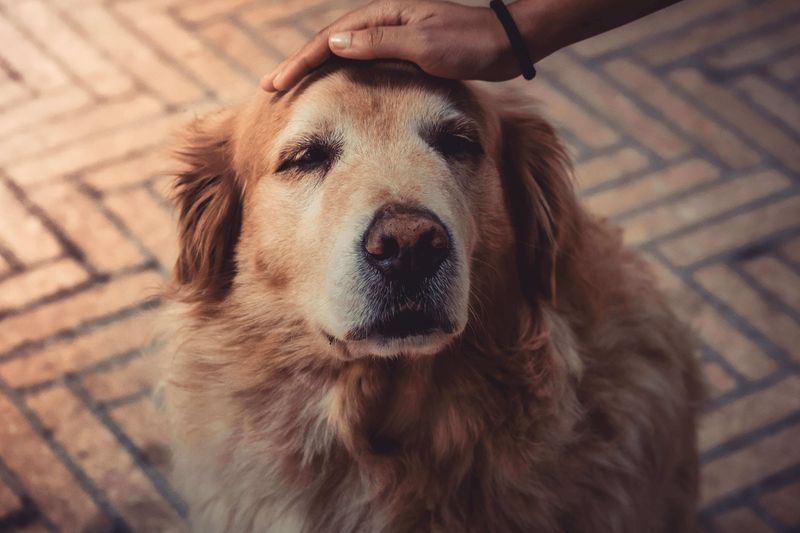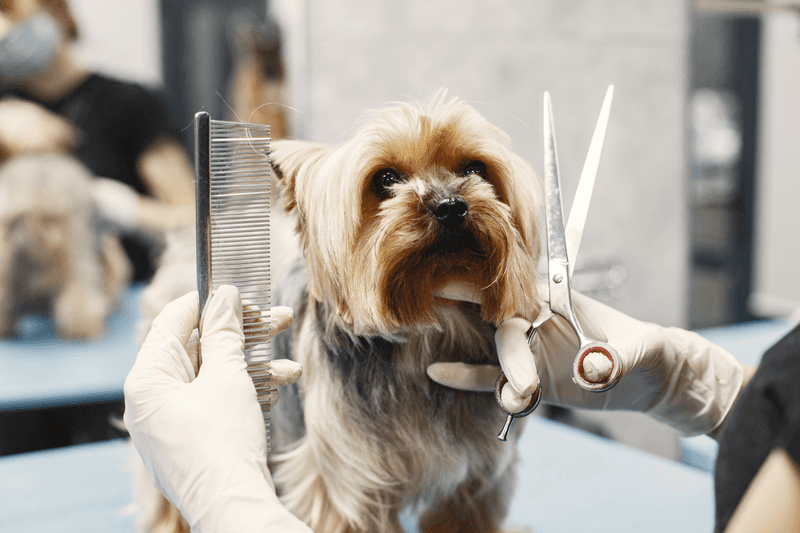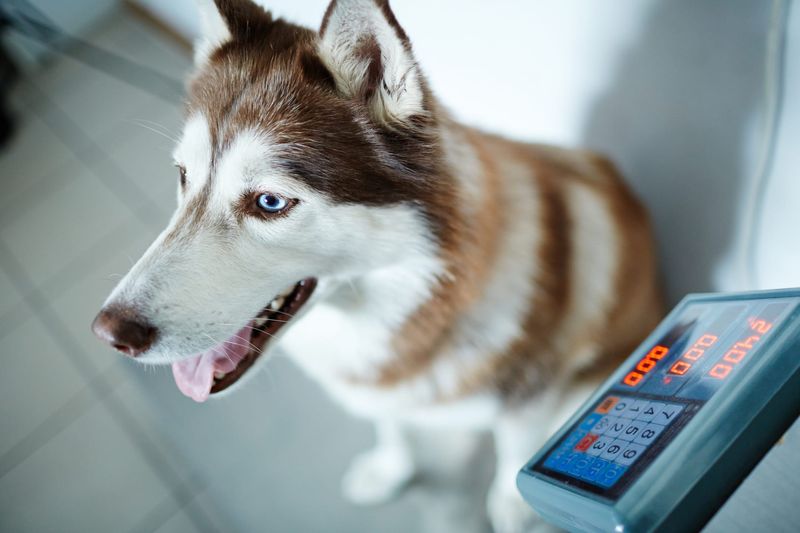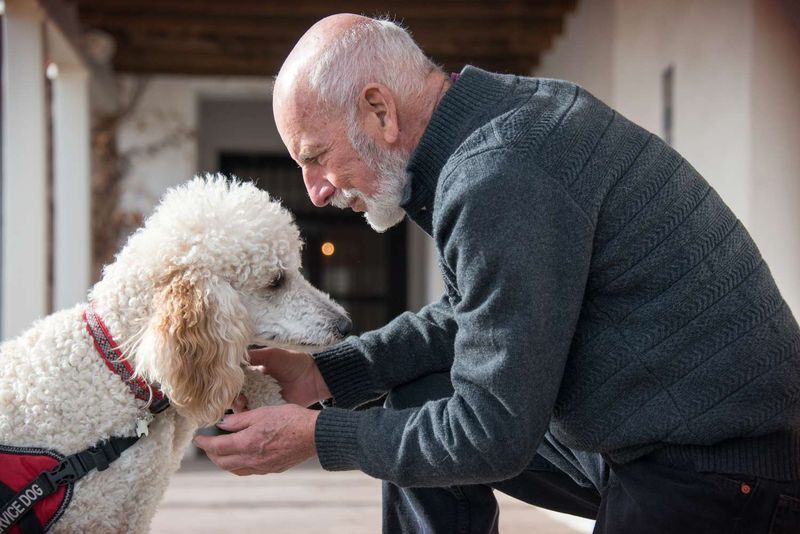As your loyal companion enters their golden years, providing them with the best care becomes paramount. Aging dogs have unique needs that require special attention, from diet adjustments to regular vet visits. This guide offers ten essential tips to ensure your senior dog enjoys a comfortable and fulfilling life. Whether it’s understanding their evolving dietary needs or maintaining their physical activity, these insights will help you support your furry friend through their later stages of life. Cherish these moments and make the most of this precious time together.
Nutritional Needs
As dogs age, their dietary needs change significantly. It’s vital to provide food that supports joint health and maintains a healthy weight. Many senior dogs benefit from diets rich in omega-3 fatty acids and antioxidants, which can help reduce inflammation and support cognitive function.
Consult your veterinarian to determine the best diet for your aging pet, as nutritional requirements can vary based on breed, size, and health conditions. Senior dog foods are often lower in calories but higher in fiber to aid digestion, making them ideal for less active dogs.
Remember, fresh water and portion control are key.
Regular Veterinary Checkups
Annual veterinary visits are crucial for senior dogs. These checkups can catch health issues early, such as arthritis or dental problems, and offer effective treatment options. During these visits, your vet may recommend blood tests, dental cleanings, or other preventive care measures to ensure your pet’s well-being.
Keep track of your dog’s vaccinations and schedule regular wellness exams to monitor their overall health. With age, some dogs may require more frequent visits to address evolving health concerns.
Prioritizing regular checkups can drastically improve your dog’s quality of life.
Exercise Adjustments
While exercise remains essential, senior dogs often need modifications to their activity routines. Gentle walks, swimming, and low-impact play are excellent options to maintain their physical health without straining aging joints.
Monitor your dog’s energy levels and adjust accordingly. If they tire easily, consider shortening the duration but increasing the frequency of exercise sessions. Interactive toys can also provide mental stimulation and prevent boredom.
Tailor their exercise regimen to fit their needs, ensuring they stay active and engaged.
Comfortable Living Environment
Creating a comfortable living space is essential for older dogs. Soft bedding with ample cushioning can relieve pressure on arthritic joints, and a warm, draft-free environment promotes overall comfort.
Consider installing ramps or pet stairs to help them navigate furniture or access favorite spots. Ensure food and water are easily accessible and keep daily essentials within easy reach to reduce strain.
A little extra effort in making their environment cozy can significantly enhance their quality of life.
Joint Health Support
Supporting joint health is vital as dogs age. Supplements like glucosamine and chondroitin can help maintain joint function and alleviate discomfort from arthritis.
Regular massages and acupuncture may also provide relief, promoting increased mobility and reduced pain. Consult your vet before introducing new supplements or therapies to ensure they suit your pet’s needs.
A proactive approach to joint health can keep your senior dog active and happy.
Mental Stimulation
Mental stimulation is just as important as physical exercise for senior dogs. Puzzle toys, scent games, and training sessions can keep their minds sharp and prevent cognitive decline.
Introduce new challenges gradually, ensuring they are appropriate for your dog’s abilities. Regular mental engagement can reduce anxiety and enhance overall well-being.
Keeping your dog’s brain active is key to their happiness in their later years.
Routine and Stability
Senior dogs thrive on routine and stability. Consistent feeding times, regular walks, and familiar environments provide a sense of security and reduce stress.
Avoid sudden changes to their daily schedule, as this can cause anxiety. If changes are necessary, introduce them slowly to allow your dog to adjust comfortably.
Maintaining a predictable routine helps your senior dog feel secure and content.
Grooming and Hygiene
Regular grooming is essential for the health of senior dogs. Brushing their coat helps remove dead hair, stimulates circulation, and allows for early detection of skin issues.
Bathing should be done as needed, using gentle, hypoallergenic products to avoid skin irritation. Pay attention to their nails, as overgrown nails can cause discomfort or injury.
Good hygiene practices contribute to your dog’s overall health and happiness.
Weight Management
Maintaining a healthy weight is crucial for senior dogs, as excess weight can exacerbate joint issues and lead to other health problems. Monitor your dog’s weight regularly and adjust their diet and exercise routine accordingly.
Consider consulting with your vet to create a personalized weight management plan, focusing on balanced nutrition and appropriate activity levels.
A healthy weight promotes longevity and comfort in your dog’s senior years.
Emotional Well-being
Emotional well-being is vital for senior dogs, who may experience changes in behavior as they age. Spend quality time with your pet, offering love and reassurance.
Recognize the signs of anxiety or depression, such as withdrawal or changes in appetite, and seek professional advice if needed. Create a calm and loving environment that supports your dog’s emotional needs.
Nurturing their emotional health is as important as physical care.
